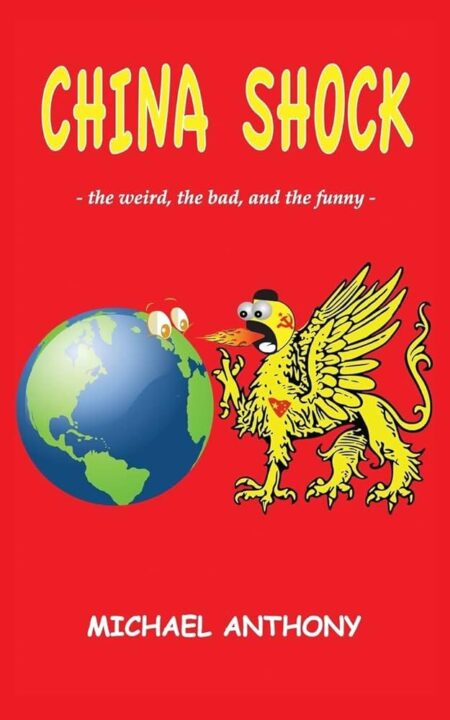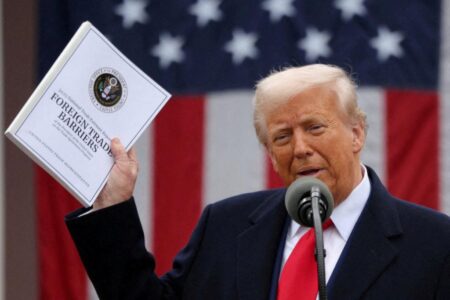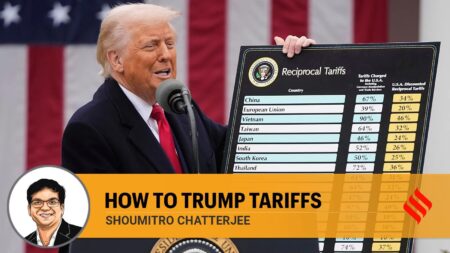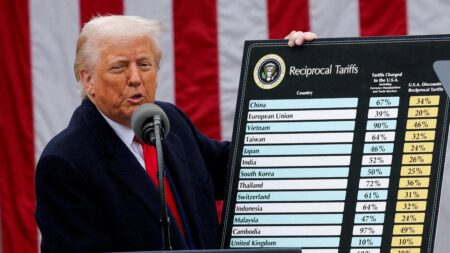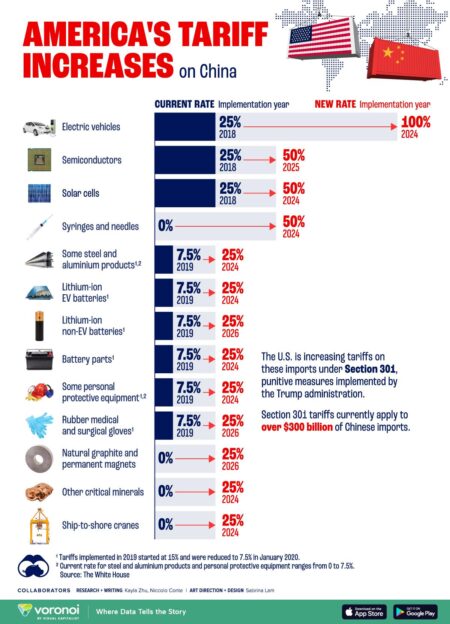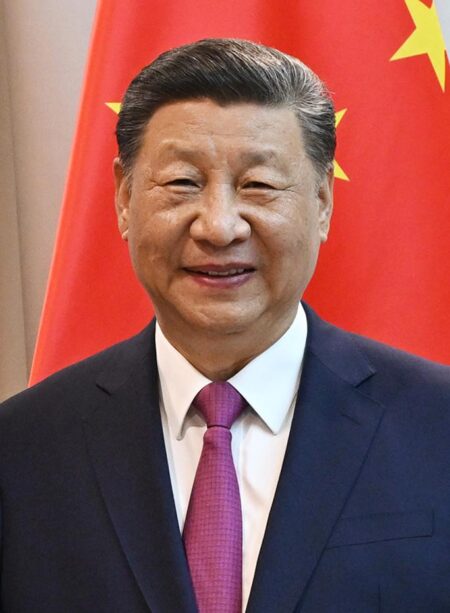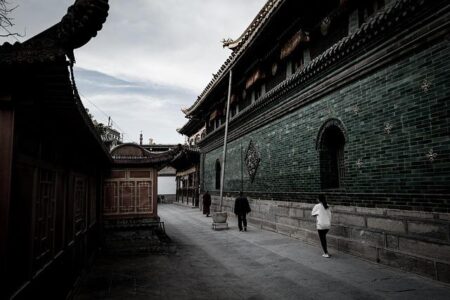The “China Shock,” a term describing the economic impact of China’s rise on American jobs, reveals critical lessons about globalization and labor. Contrary to President Trump’s interpretation, experts argue that understanding these dynamics is essential for future policy success.
Browsing: U.S.-China relations
In a significant escalation of trade tensions, China has announced retaliatory tariffs on U.S. goods, raising duties to 125%. This move comes amid a declining dollar, signaling increased economic friction between the two nations. Continue following for live updates.
In a surprising move, President Trump announced a temporary pause on escalating tariffs, allowing for a 90-day window for negotiations. However, he simultaneously raised China’s levy to an unprecedented 125%, intensifying ongoing trade tensions.
Reciprocal tariffs imposed by the Trump administration, alongside additional levies on Chinese imports, officially took effect today. These measures aim to address trade imbalances, but concerns rise over their potential impact on economic relations and consumers.
The Trump-era tariffs have disrupted Germany’s economic strategy towards China, particularly under the leadership of Friedrich Merz. As trade tensions escalate, Germany faces challenging decisions to adapt its export policies and maintain competitiveness.
In a sweeping move, former President Trump’s new trade order imposes tariffs of at least 54 percent on Chinese imports. This escalation in trade tensions could significantly impact U.S.-China relations and global markets. Stakeholders are bracing for potential economic repercussions.
In a strategic move ahead of the anticipated unveiling of fresh tariffs by President Trump, Chinese President Xi Jinping has launched a charm offensive, seeking to strengthen diplomatic ties and showcase China’s global leadership.
In response to the lessons learned from the first trade war initiated by Donald Trump, China has adapted its strategies for navigating tariffs. By diversifying markets and enhancing domestic production, Beijing aims to mitigate the economic impact of renewed trade tensions.
China has criticized former President Donald Trump’s rhetoric, accusing him of reverting to a “law of the jungle” approach in international relations. This condemnation underscores rising tensions as both nations grapple with complex diplomatic challenges.
In response to President Trump’s tariffs, Canada and China have announced retaliatory measures, raising concerns of an escalating trade war. Both nations aim to protect their economies as tensions heighten in global trade relations.

